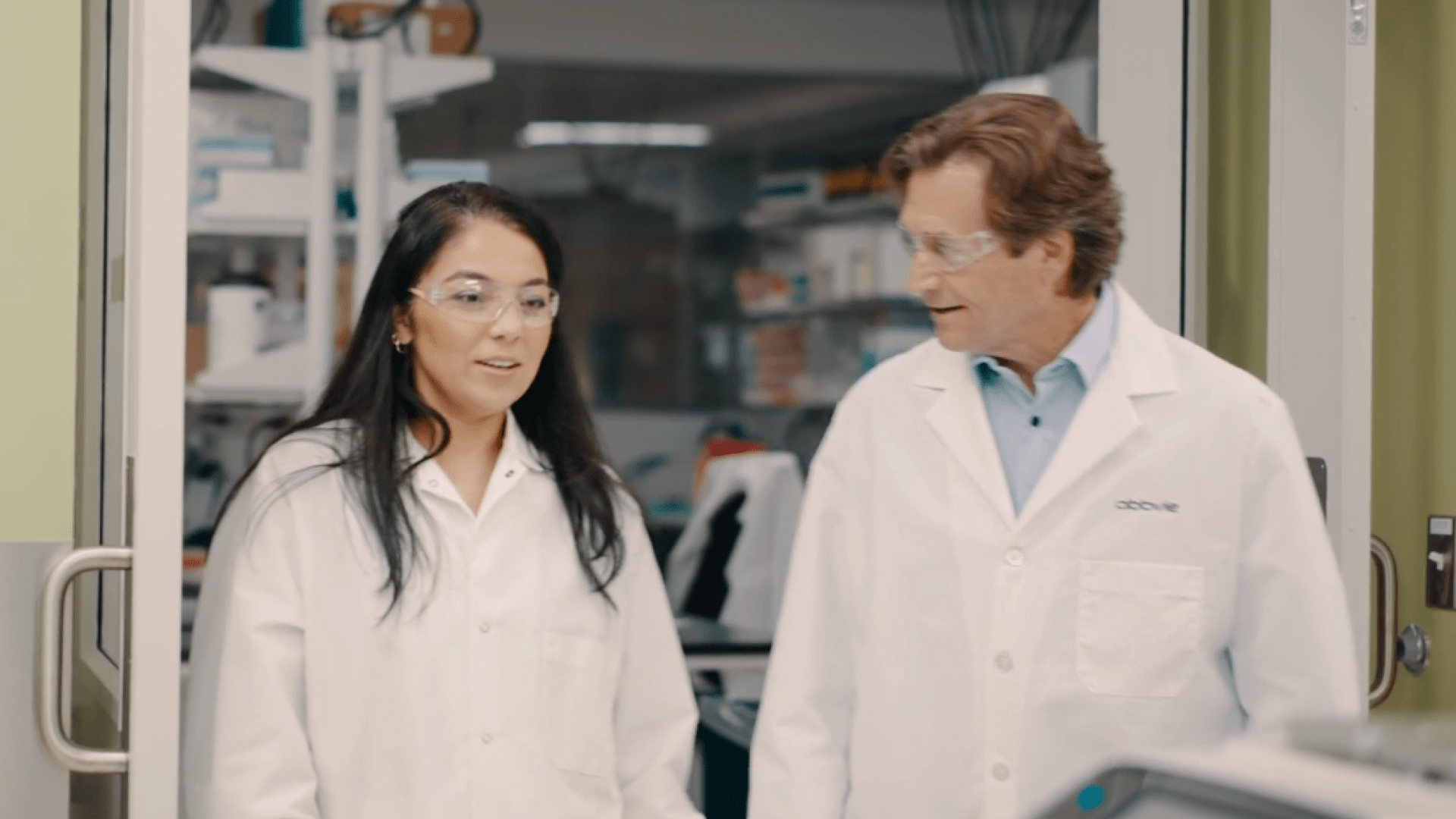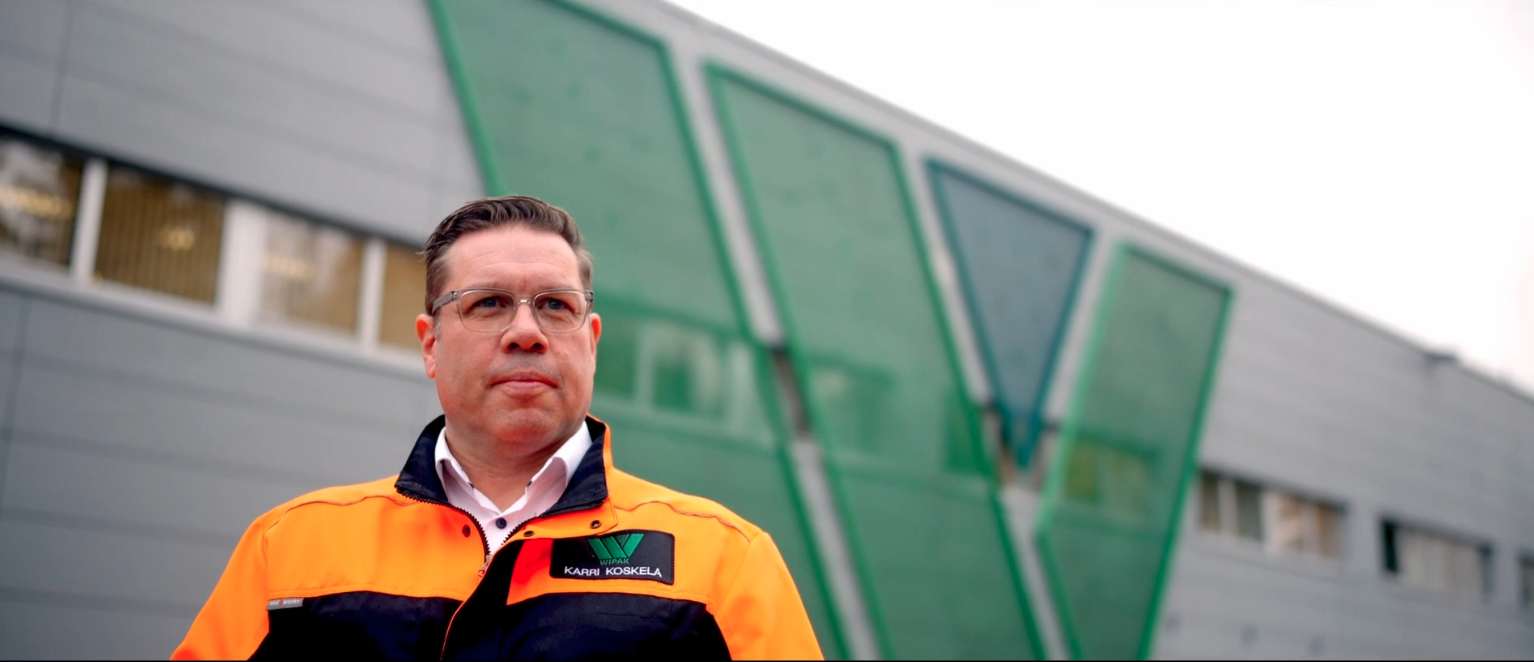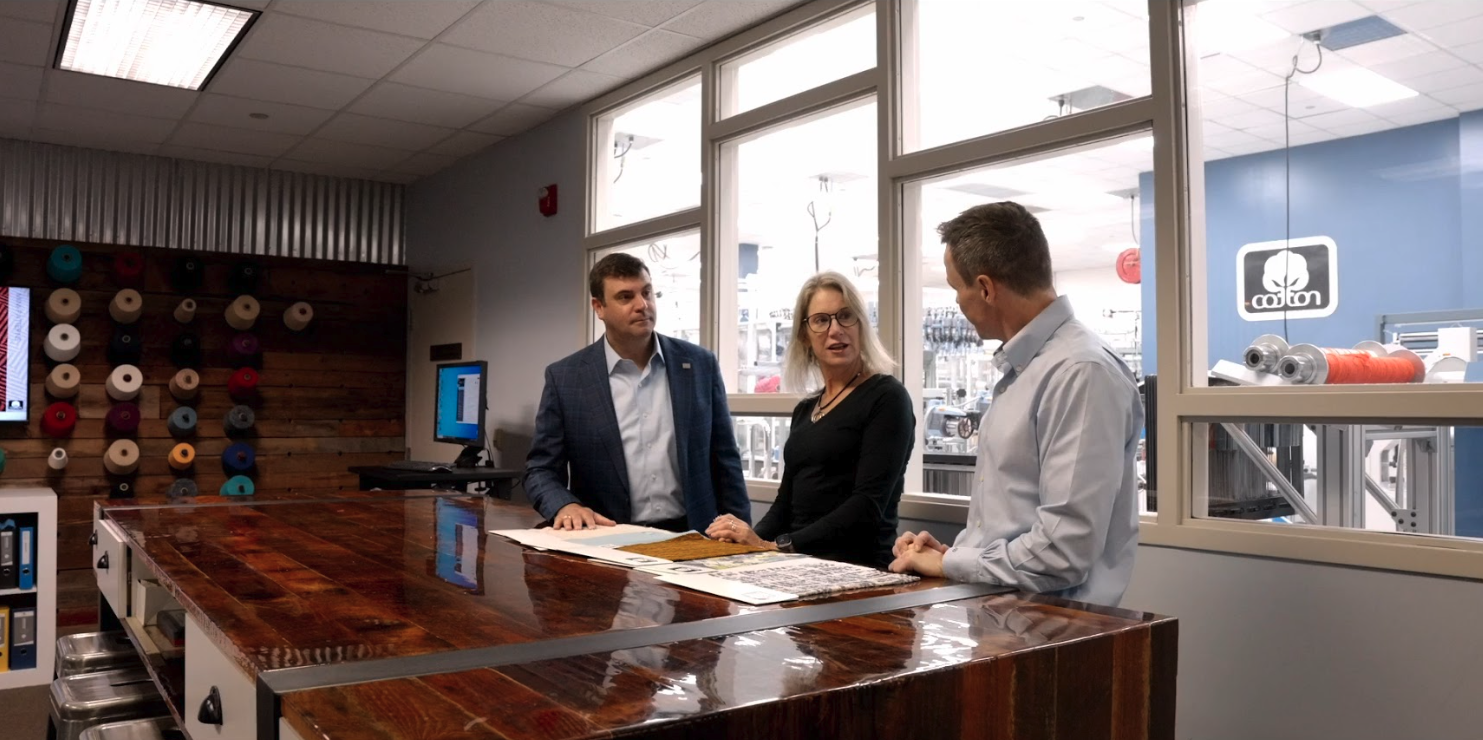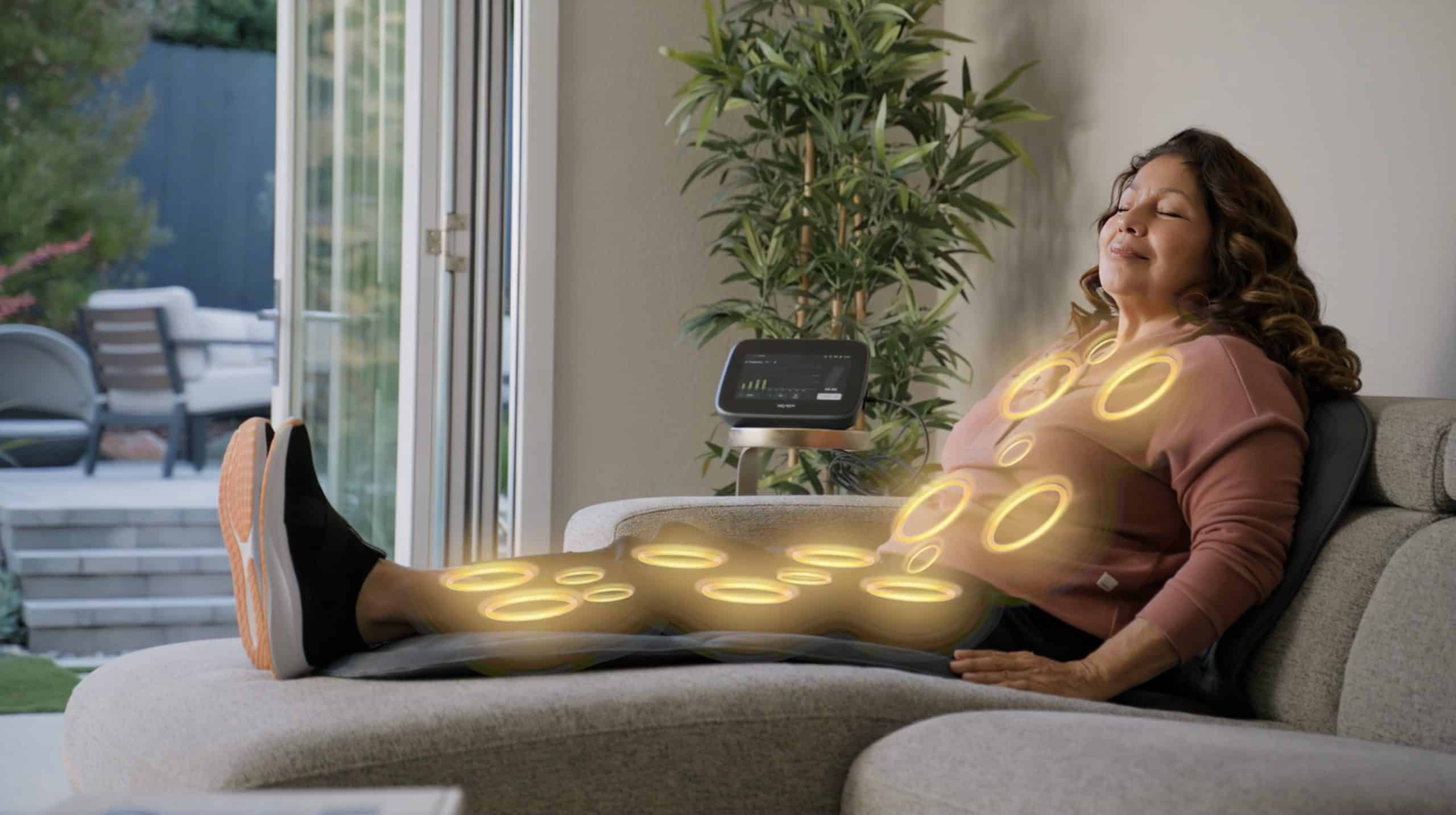Beyond the Possible: How AbbVie Uses Technology to Transform Medicines for Patients

AbbVie is using innovative technologies like AI, wearables and automation to speed up drug discovery, clinical trials, and manufacturing – all to deliver better medicines faster.
The average drug takes about 10 to 15 years to develop—from discovery labs to pharmacies and physicians around the world. AbbVie believes that’s too long for patients to wait. Its employees are determined to disrupt this timeline and deliver better medicines to people faster.
“Every day that it takes us longer, someone is suffering.” Howard Jacob, VP, Quantitative Medicine & Genomics, AbbVie.
Today, with rapid advancements in artificial intelligence (AI) and machine learning (ML), AbbVie is blending science and advanced technologies to accelerate drug discovery, improve clinical trials, and enhance manufacturing processes, all with the goal of getting transformative medicines to patients sooner. Using innovative technologies throughout the research, development and manufacturing processes, AbbVie is enabling scientists, engineers and other employees to make smarter decisions faster.
Accelerating Drug Discovery
Since 2013, AbbVie has invested more than $63 billion in research to discover, develop, and deliver new medicines for various conditions like cancer and auto-immune diseases.
Many challenging diseases have several potential areas for treatment because they’re influenced by various molecules and complex biological pathways. Thanks to advanced AI and data integration tools, AbbVie scientists can gather and combine large amounts of data on diseases, identify patterns and connections, and develop a blueprint for a therapy’s design, making it easier to go from idea to successful treatment.
A decade ago, this level of precision and efficiency in drug design would have been unimaginable.
Redefining Clinical Trials
Assessing the safety and effectiveness of potential new medicines is critical in drug development. For autoimmune diseases like psoriasis and atopic dermatitis, AbbVie introduced innovative tools like wearable sensors for real-time, remote monitoring of patient symptoms. These tools help researchers quantify metrics like scratch frequency, providing invaluable data on how well a treatment is working.
“By offering these types of at-home monitoring technology, we also can potentially expand trial access for a lot of patients that traditionally may not be able to come to the trial site,” says Michelle Crouthamel, head of digital science, AbbVie.
This innovative approach helps accelerate the recruitment process and pave the way for more accurate reviews of treatment effectiveness.
Streamlining Manufacturing
AbbVie’s innovative use of technology also extends to the making of medicines. Its investment in the “factory of the future” uses robotics and data analytics to optimize and speed up production processes, says Stephen Muldoon, vice president, global manufacturing and engineering, AbbVie.
By adopting robotics and automation, AbbVie can streamline operations, enhance safety, and minimize human error, leading to faster production cycles for critical medications.
Innovation Rooted in Compassion
The tools AbbVie’s experts use are technological, but their motivation is deeply personal. Many have loved ones affected by the diseases they are working diligently to treat and someday cure.
“When we get up in the morning, that’s why we do this,” says Jacob. “It’s for all patients, not just our own.”
With a focus on integrating technology, enhancing clinical trials, and modernizing manufacturing, AbbVie is not just transforming pharmaceutical development – it’s redefining what’s possible for patients.
Find out more about Economy 4.0 Campaign














